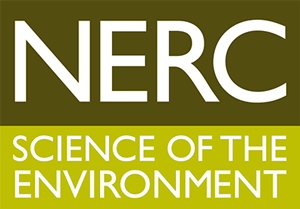Minerals and the environment
Minerals are non–renewable natural resources that are vital for the construction, manufacturing and energy industries. The aim of sustainable mineral development is to ensure mineral use is kept to a minimum amount without having a negative impact on economic growth. This is achieved by efficient use of minerals as well as recycling and the use of alternative materials.
Also, it is important that the natural environment is protected from damage that may be caused by mineral extraction. This will help maintain biodiversity and ensure that contamination is not a problem for future generations. Mineral planning at local, regional, national and EU level ensures the environment is protected and that resources are used sustainably. Recycling, reuse, and conservation of energy and mineral resources are important in achieving these goals.
Planning
In the UK, the planning system takes account of all legislation, policy and guidance. The aim is to supply minerals required for industry and construction at the least social, economic and environmental cost. Environmental impacts caused by mining, quarrying and the transportation of minerals are minimised. Waste reduction and recycling are encouraged. National parks and other environmentally and scientifically important areas are protected from minerals development. Also, mineral resources that are, or may become, economically important are safeguarded from other land development. When quarrying or mining has finished, many sites are developed for nature conservation or community use.
Recycling
Recycling is the collection and processing of unwanted materials into useful products. The energy and labour costs of recycling are the main factors that restrict the amount recovered. The cost of dismantling complex manufactured articles to recover certain minor metals, for example, may be higher than is economically realistic at present. This may change if products are designed for recycling.
Construction materials, such as demolition waste, are normally recycled for use in the concrete, brick, plasterboard and ceramic industries. Minerals waste and waste products from industrial processes are also used as aggregate and cement additives.
Many industrial minerals used in industrial and manufacturing processes may only be reused as construction fill. A significant exception is glass, which may be melted for use in glass or crushed for use as a road construction aggregate. Metals are simple to recycle as they can be melted and used to make new products; although some metals may be used in such small amounts in some products that it would be very expensive to recover them.
Mineral extraction and water
Water is an important consideration in minerals planning as it often plays a key role in mineral extraction and processing. Mineral extraction operations must not significantly reduce river or groundwater levels. Water drainage from mineral extraction is monitored closely as dissolved or suspended minerals can damage fisheries and wildlife habitats. Mineral operations and tailings (finely ground waste) installations must be designed and monitored in order to avoid overflows which could result in contamination and flooding. Controls are enforced through legislation. In some case remediation is necessary.




Follow us

